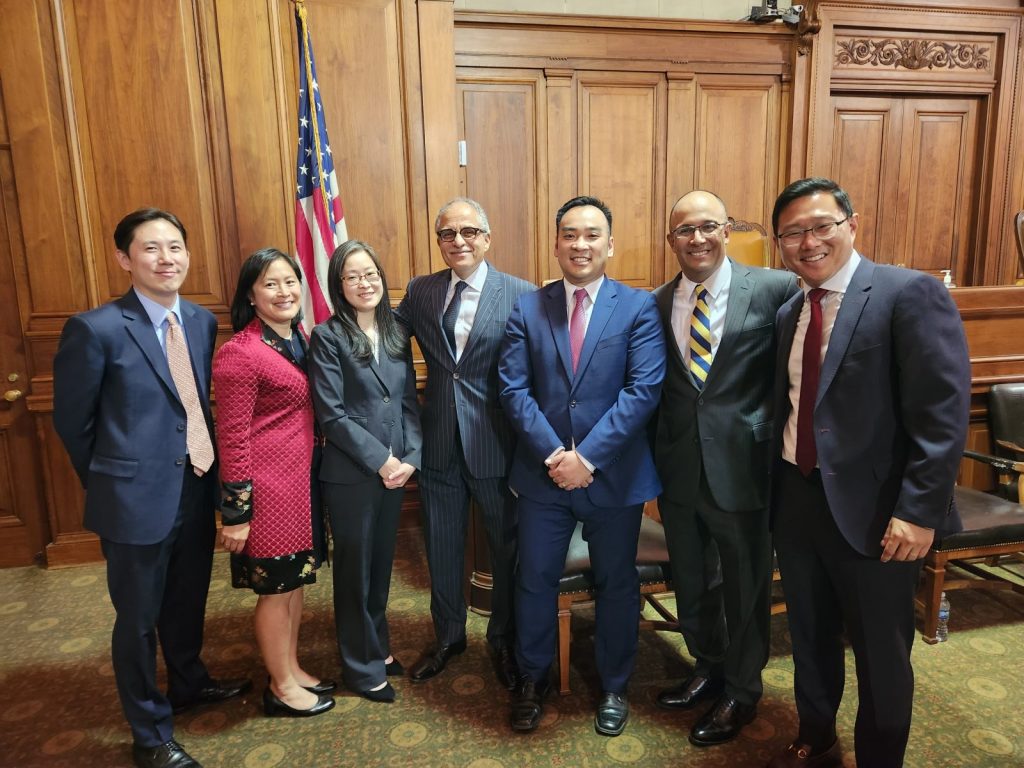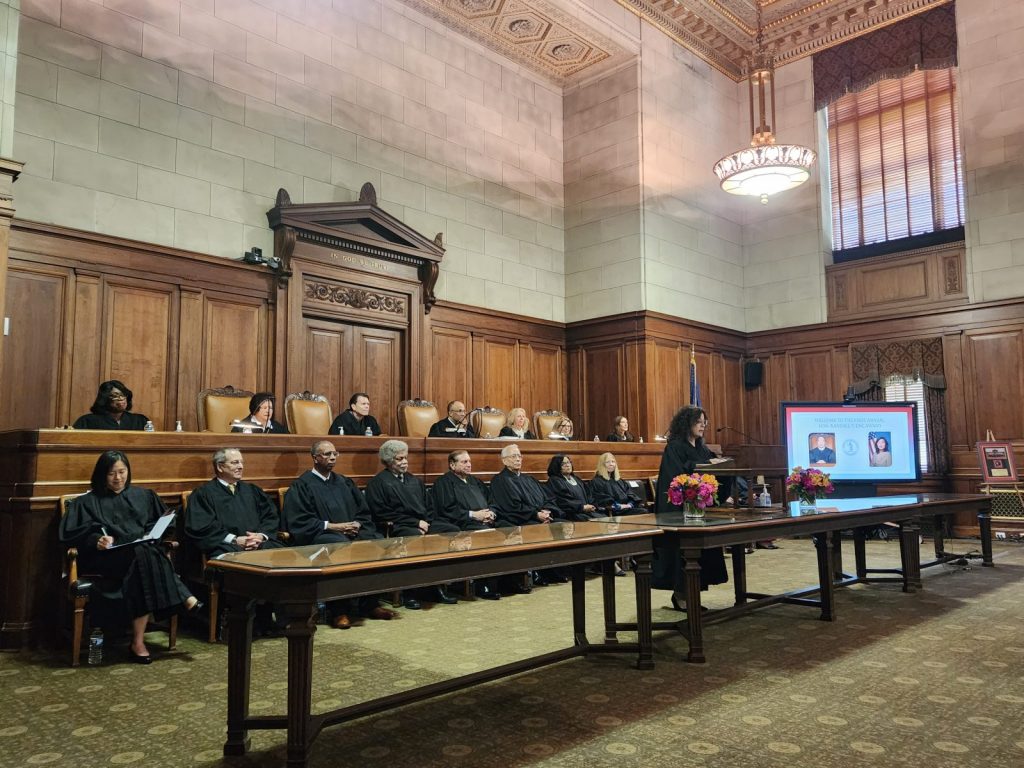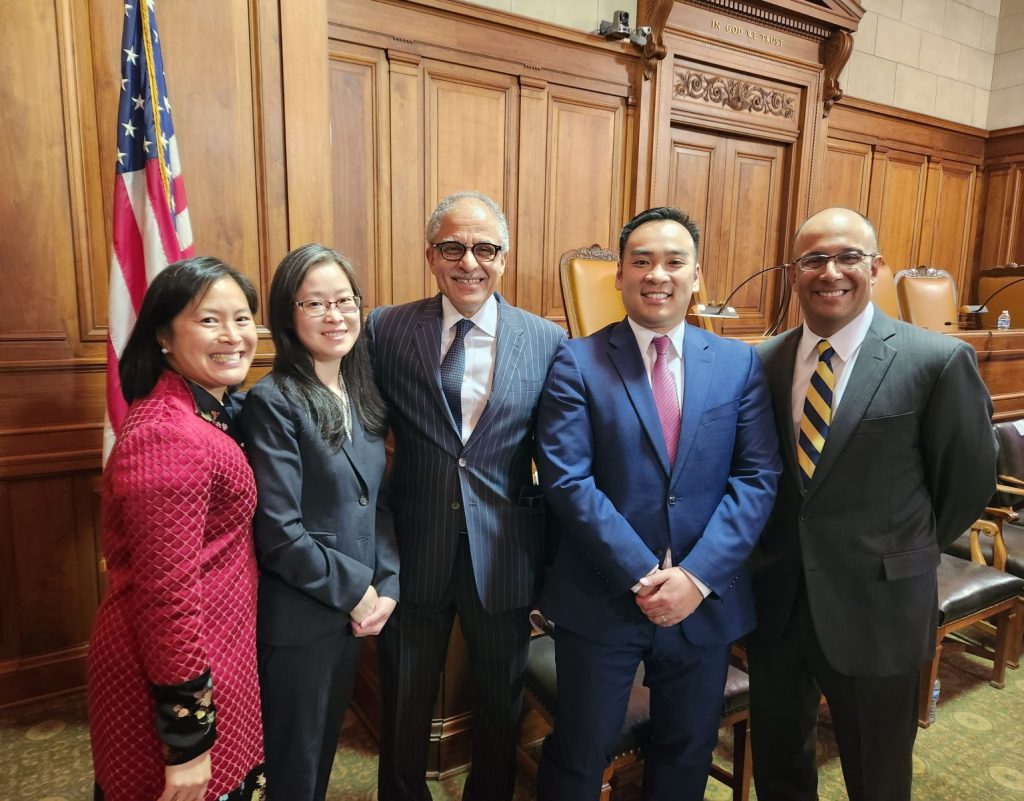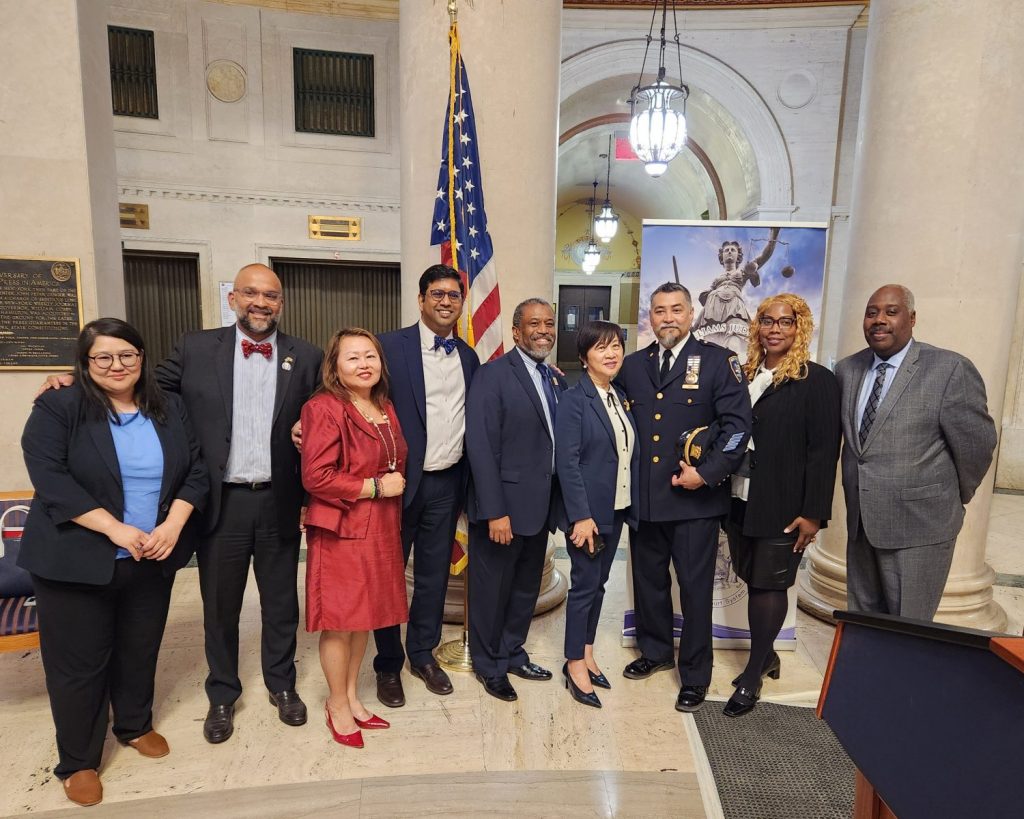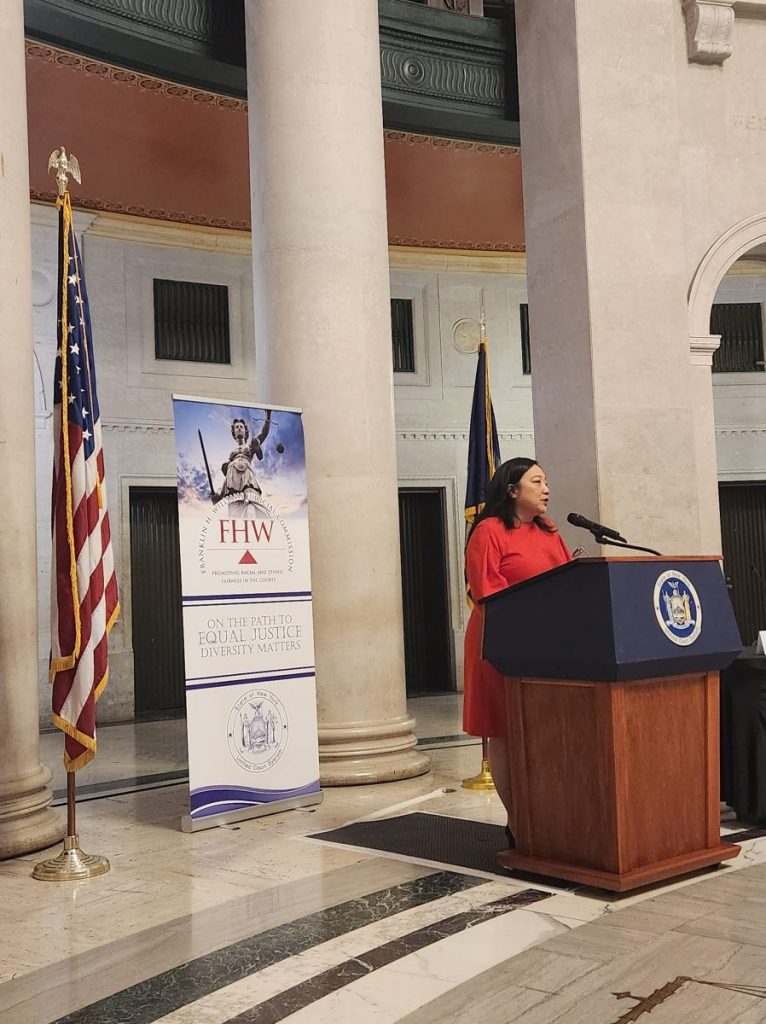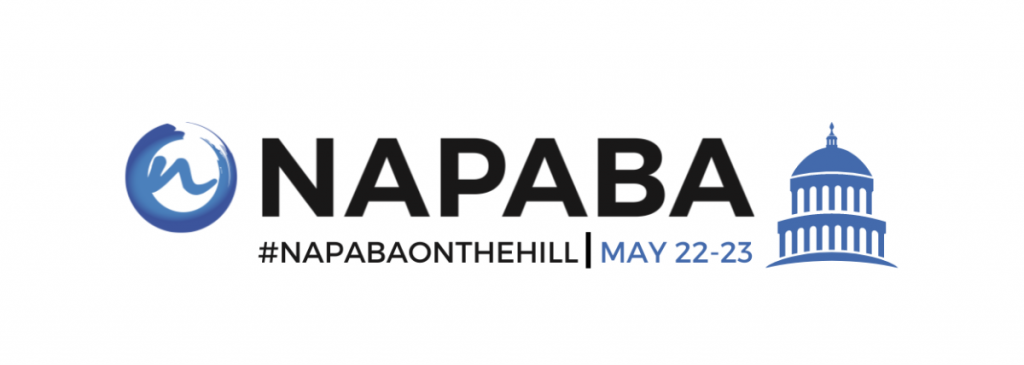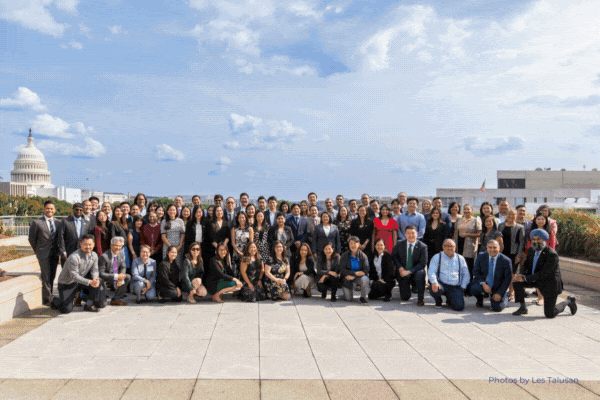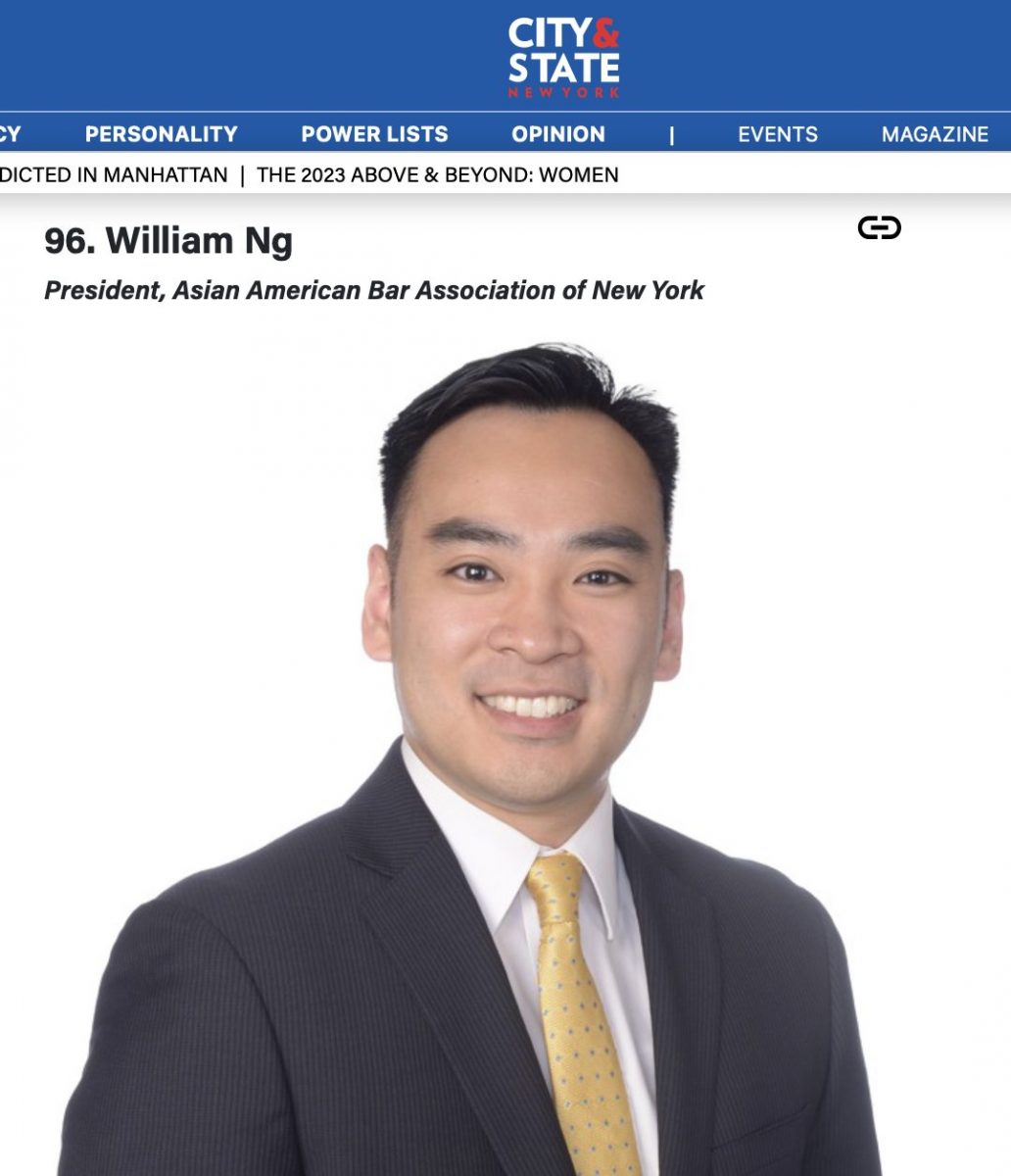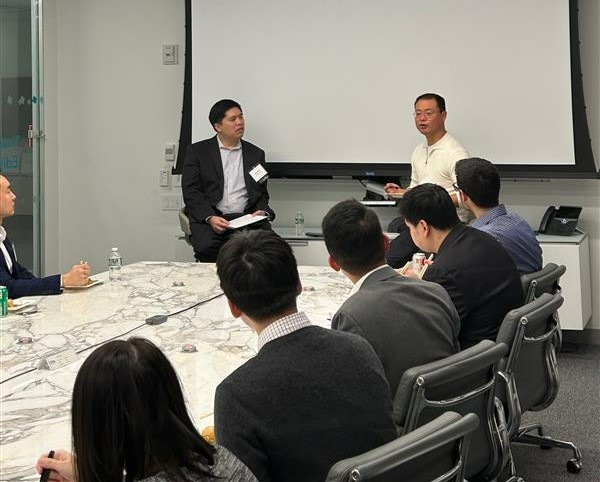
| For Immediate Release: November 13, 2023 Contact: Priya Purandare, Executive Director |
| INDIANAPOLIS – Last week, during the first quarterly meeting of the 2023-2024 year, the NAPABA Board of Governors approved and welcomed the South Asian Bar Association of New Jersey (SABA-NJ) as an affiliate of NAPABA. Founded in 2004, SABA-NJ is a voluntary association of attorneys dedicated to addressing the needs, concerns, and interest of the South Asian community in New Jersey, one of the largest in the Nation. “We are thrilled to begin our new Board year with welcoming SABA-NJ, an influential force within the Asian American, Native Hawaiian, and Pacific Islander community in New Jersey, as a part of the NAPABA family,” said Anna Mercado Clark, President of NAPABA. “SABA-NJ’s leadership in supporting the community at large, the legal profession, and advancing judicial candidates that reflect the rich diversity of New Jersey, is well known both within New Jersey and beyond. We look forward to our partnership and working together as a force multiplier for good.” “It is truly an honor and privilege for the South Asian Bar Association of New Jersey to be accepted as an affiliate partner of the well-established and highly-revered NAPABA organization,” said Rippi Karda, President of SABA-NJ. “We look forward to contributing to NAPABA through SABA-NJ’s diverse and talented membership. Thank you to the NAPABA Board of Governors for their support and acceptance.” SABA-NJ joins a community of nearly 90 local, state, regional, and national bar associations in the United States and Canada that are affiliates and national associates of NAPABA. The affiliates hold certain voting rights under the NAPABA Bylaws, and individual members of the affiliates are entitled to complimentary NAPABA membership and the benefits that accompany it. For more information about how to become a NAPABA affiliate, please visit our webpage here, and learn more here about the benefits of becoming a NAPABA member. |
###
The National Asian Pacific American Bar Association (NAPABA), represents the interests of over 60,000 Asian Pacific American (APA) legal professionals and nearly 90 national, state, and local APA bar associations. NAPABA is a leader in addressing civil rights issues confronting Asian American, Native Hawaiian, and Pacific Islander communities. Through its national network, NAPABA provides a strong voice for increased diversity of the federal and state judiciaries, advocates for equal opportunity in the workplace, works to eliminate hate crimes and anti-immigrant sentiment, and promotes the professional development of people of all backgrounds in the legal profession.


